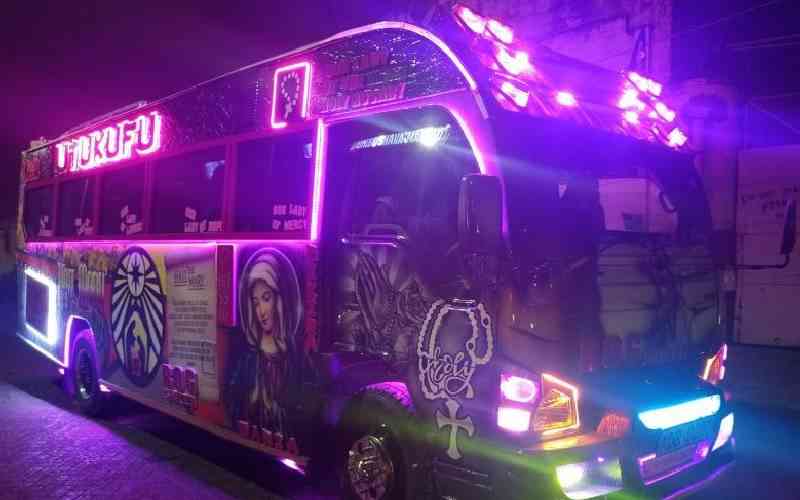×
The Standard e-Paper
Join Thousands Daily

The High Court has dismissed a case that sought to overturn an order by the National Police Service (NPS) seeking to impound vehicles with flashy lights in the country.